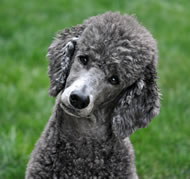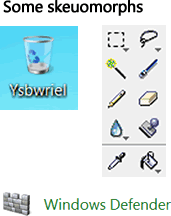It’s been in the news recently that Lidl supermarkets in the UK have a policy that their staff should speak only English to customers, irrespective of their native language in order to ensure that staff and customers “feel comfortable”. Apparently this is “for the benefit of all our customers as well as our staff to ensure a comfortable environment where all feel included.”
The only exception to this is if a customer doesn’t speak any English and a staff member can speak the customer’s language, then they can use that language.
Why anyone would feel uncomfortable or excluded when they hear people speaking other languages I don’t know. It’s not something that happens very often after all.
There has been outrage about this policy in Wales, where according the the Welsh Language Act of 2010, it is illegal to stop staff from speaking in Welsh.
This policy came to light after Polish staff at a Lidl in Kirkcaldy in Scotland were threatened with dismissal for speaking Polish to each other during their breaks and on the shop floor, even though they explained to their manager that many Polish-speaking customers, some of whom who speak little or no English, come to the store because they know that the staff speak Polish [source]. This appears in violation of Lidl’s policy, and could be bad for business.
[Addendum]
According to another report I found today, Lidl have clarified their language policy. They said that it was a “great asset” to have such a multi-lingual workforce, and:
“We understand that in certain regions of the UK there are other official languages in use and we welcome the use of these in our stores. We also ask that, if possible, our staff respond to customers in the language in which they are addressed. We absolutely aim to empower and encourage any staff members to use their language skills to assist customers.”
They also said that:
“staff were welcome to speak in their language of choice whilst on breaks, but asked that they consider colleagues who may be sharing the facilities.”

